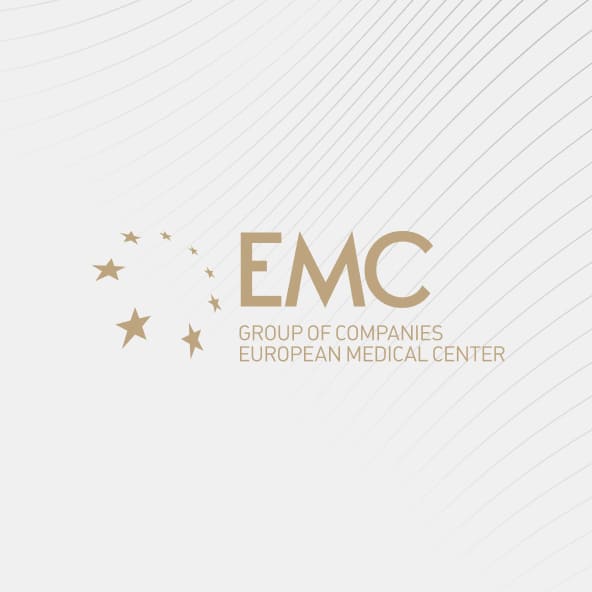Food intolerance test
Food intolerance is generally considered to be a negative reaction of the body to the consumption of any foods or beverages that is unrelated to allergies and is associated with problems with their digestion.
Most patients are insufficiently informed about food intolerance, which is even more dangerous than allergies. Intolerance to milk and dairy products is often observed; cereals (wheat, rye, barley); peas, mushrooms, strawberries, etc. According to the latest data, many people have an intolerance to certain foods, but they are unaware of its existence, because the reaction only appears after a few days.
If the general condition worsens after eating a product, this is not a direct indication of an allergic reaction or poisoning. Perhaps the reason is food intolerance.
Patients often mistakenly attribute food intolerance to food allergies, but these are different conditions. Allergies are manifested by characteristic symptoms (rash, edema, reactions from the gastrointestinal tract, respiratory system), manifestations of food intolerance are more diverse (pustules on the skin, fullness, weakness, even urolithiasis, fatigue). In some cases, food intolerance is asymptomatic. The only sign is feeling unwell. Therefore, it can be quite difficult to identify food intolerance.
Diagnosis (food intolerance test)
To diagnose food allergies, the METHOD of ENZYME IMMUNOASSAY is used – a blood test for antigens of products that trigger an immune reaction. As a result, lists of permitted and prohibited foods are compiled for the patient. After the final diagnosis, the permitted foods should become the basis of the diet. Products from the prohibited list, on the recommendation of a doctor, must be excluded for a period of 6 weeks to 6 months (the duration depends on the strength of the reaction shown by the level of immunoglobulin G). After a certain period of time, the intolerance of certain foods may disappear - this is the main difference between intolerance and allergy.
If, as a result of the exclusion of products from the "blacklist", there is an improvement in well-being, the condition of nails and hair, skin, weight loss, and normalization of intestinal function, the test was performed correctly. A control analysis for food intolerance is performed six months later to identify products that will forever remain on the prohibited list.
The test allows you to check from 20 to 300 products, the amount is determined based on the patient's daily diet.
The food intolerance test requires preliminary preparation. It is forbidden to eat 5 hours before the procedure, not to drink alcohol and some medications during the day, for example, antihistamines, hormonal and antibacterial. To clarify personal recommendations, you must first consult with a specialist.
Why the EMS?
- All EMC dermatologists and allergists have extensive experience in the field of diagnosis and correction of food intolerance in both adults and toddlers.
- All diagnostic capabilities are assembled in one building. Diagnosis is carried out quickly, at any time convenient for the patient. The results are prepared as soon as possible.
- The capabilities of the multidisciplinary medical center allow for the treatment of any concomitant pathologies together with therapists, gastroenterologists, endocrinologists, cosmetologists, and other specialists.
Complications of food intolerance
When a patient constantly eats foods that the body cannot digest, inflammatory processes begin to develop. Over time, they become chronic, with arthritis, migraines, eczema, irritable bowel syndrome and chronic fatigue, depression, acne, constipation, and other diseases. The load on the kidneys increases, which causes disturbances in the excretion of fluid from the body. As a result, the patient begins to gain weight. The number of foods that are not absorbed by the body increases over time, and the body may not digest well even those foods with which there have been no problems before. As a result, the patient feels sick after almost every meal. Therefore, weight loss can be achieved without harming health by eliminating "intolerant" foods.
Symptoms of food intolerance
The symptoms of food intolerance can be very diverse in their manifestations, but none of them can be considered specific specifically for this pathology. The symptoms may also be non-obvious and manifest as disruptions in the digestive system. Regardless of the situation, only a doctor can correctly diagnose the condition.
Some of the manifestations of food intolerance
Intestinal problems (bloating, constipation, diarrhea). Digestive disorders are direct evidence that the body does not tolerate any foods.
Heartburn. Irritation of the mucous membrane of the esophagus occurs due to the inability of the body to properly digest problematic foods.
Uncontrolled appetite. The expression "everything is good in moderation" does not apply to foods that cause food intolerance. For most people, one sip of milk is enough to start the production of antibodies that create a characteristic immune response. The body produces more of them than it needs, which is the cause of uncontrolled appetite.
Headaches. Headaches can occur due to the body's inability to digest foods containing gluten, lactose
, or sugar.
Fatigue. Fatigue is caused by inflammatory processes that are associated with the consumption of problematic foods.
Joint pain.Joint pain can be associated with intolerance to dairy products, soy and gluten, and is a consequence of inflammatory processes occurring in the body.
Acne, rashes, and other skin problems.Rashes, eczema, itching, red spots, or dark circles under the eyes can also be an immune response to problematic foods.
Other possible symptoms: itching of the skin, swelling of the mucous membranes, decreased blood pressure, nausea, vomiting, unpleasant sensations in the mouth.
Some interesting medical facts:
Every 4th person cannot tolerate milk.
One in 250 people cannot eat rye, wheat, barley and products that contain them.
People often can't stand nuts and mushrooms, as well as soybeans and corn.
Get help
Specify your contacts and we will contact you to clarify the details.
Doctors
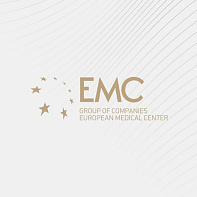
Margarita Turbovskaya
-
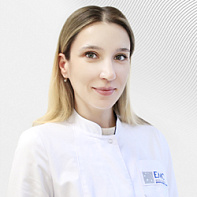
Pronina Ekaterina
-
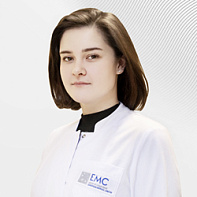
Smirnova Darya
-
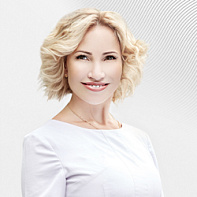
Savina Anna
-
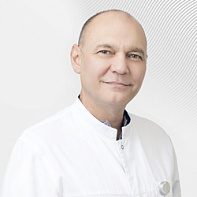
Ivanov Arthur
Doctor of the highest category
-
.jpg)
Zavialova Aleksandra
Leading employee of the Podology Department
-
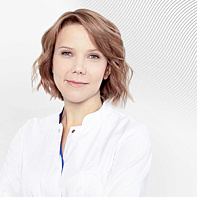
Turbovskaya Svetlana
Head of the Department of Pediatric Dermatology, Ph.D. of Medical Sciences, Doctor of the highest category
-
.jpg)
Zharinova Natalia
Ph.D. of Medical Sciences
-
.jpg)
Galieva Nadezhda
Head of the department of podiatry, Ph.D. of Medical Sciences
-
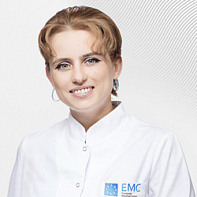
Batkaeva Nadezhda
Head of the Venereology Department, Ph.D. of Medical Sciences
-
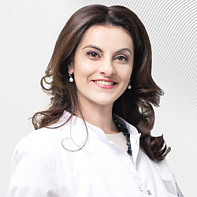
Vardanyan Karine
Senior dermatologist at the Clinic of Dermatovenereology and Allergology. Head of Allergology Department. , Doctor of the highest category, Ph.D. of Medical Sciences
-

Haliulin Yuri
Ph.D. of Medical Sciences, Associate Professor
-
Margarita Turbovskaya
- Specialization — pediatric and adult dermatology, diagnosis and removal of skin growths in adults and children. He has the skills of dermatoscopy and photographing skin growths
- Graduated from the First Moscow State Medical University named after I. M. Sechenov of the Ministry of Health of the Russian Federation with a degree in Medical Medicine, and completed her residency at the Central State Medical Academy of the Presidential Administration of the Russian Federation with a degree in Dermatovenerology
- Permanent participant of All-Russian congresses and symposiums
Total experience
4 years
Experience in EMC
since 2024
